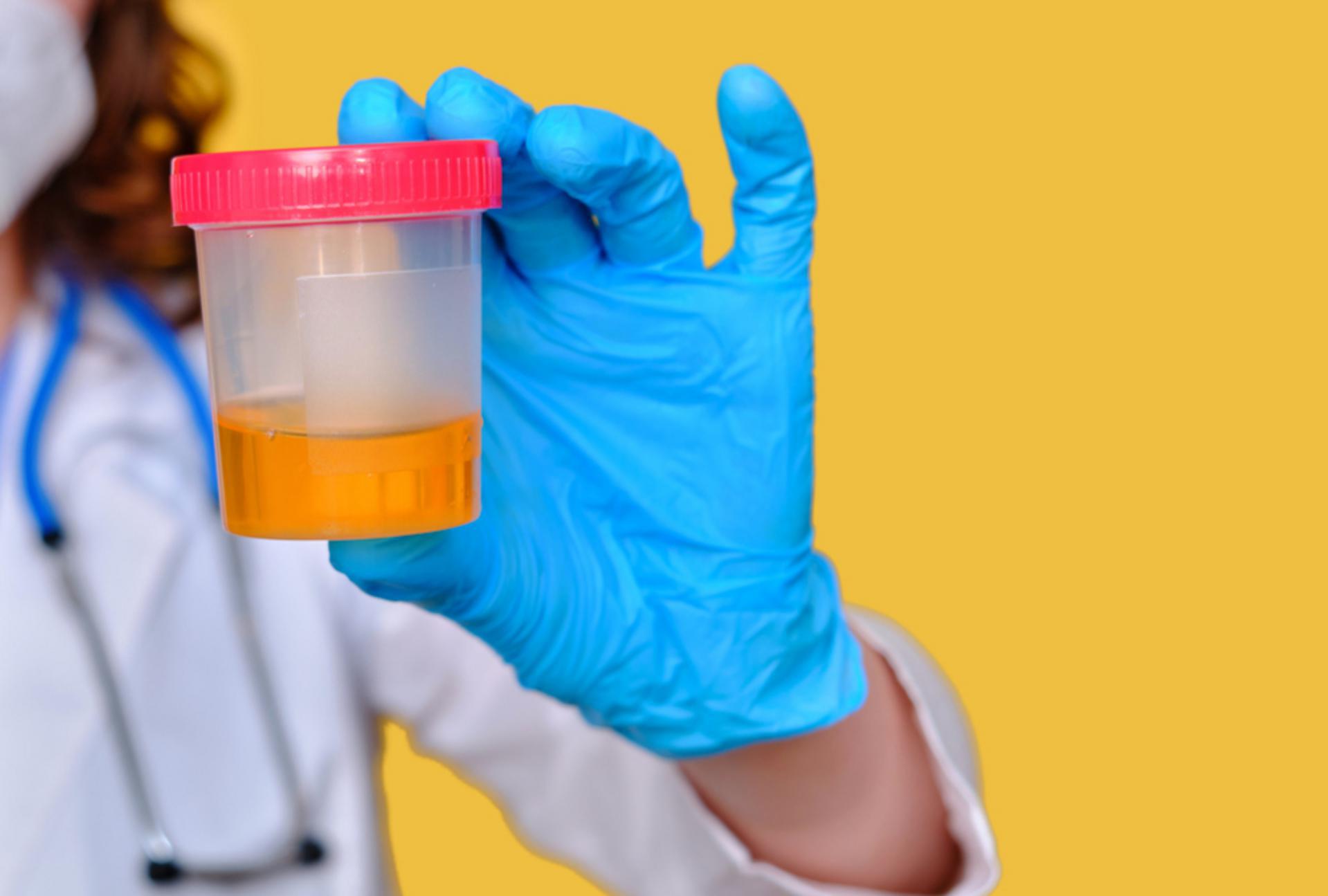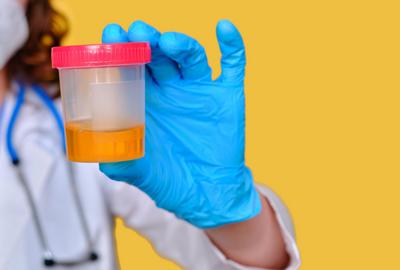Reasons to Have a Random Drug Testing Policy
Establishing an employment drug testing policy offers many benefits for employers. Not only can it significantly improve workplace safety, but it may also reduce employer liability, decrease workers' compensation claims, and more.
There are many different ways to implement a substance abuse policy for your business, but setting up a random drug testing policy is one of the most effective options. The following guide will provide the information employers need to decide whether random drug testing is a smart option for your business.

What is a Random Drug Test?
Random drug testing is the process of giving employees drug tests that are both unannounced and unexpected. Random drug testing policies should indicate the percentage of employees to be tested during a specified time period and use a computer-generated program to ensure there is no bias in the selection process. With random drug testing, all employees have an equal chance of being selected each time, even if they were recently chosen.
Top Benefits of Randomly Drug Testing Employees
While many employers conduct drug testing as part of their pre-employment background screening process, this doesn't help to eliminate employee drug and alcohol abuse in the long term. Unlike one-time testing, random testing works as an effective deterrent because employees never know when they could be selected for a test. Having a random drug testing policy also creates the following benefits.
1. Ensure Employee Safety
Some jobs are dangerous even if you're completely sober. This includes positions that require driving, using heavy equipment, or even using a hot stove or sharp knives. While the occasional employee injury is bound to happen, ensuring all employees are free from the influence of illegal drugs will help minimize accidents. This protects the employee, his or her coworkers, and the general public. It can also lower employer liability and reduce legal and medical claims that may arise from workplace accidents.
2. Improve Employee Productivity
Drug addiction can turn an exceptional employee into one who is unreliable and unproductive. By taking steps to prevent drug use in your company, you can help avoid having to deal with employees who show up late, miss work, or have an overall lack of focus due to their drug use.
3. Create a Healthier Workplace
By educating employees on the dangers of drug use and requiring random drug tests, employers can create a healthier workplace. Having a drug-free workplace program often decreases sick calls, improves overall employee wellness, and helps to avoid the pain and suffering that can be created by drug-related incidents.
4. Retain Valuable Talent
It's possible for drug addiction to develop mid-career. In this case, a positive drug test may be the motivation an employee needs to turn their lives around. By combining your drug testing program with resources like access to counseling and/or rehab, you can help employees recover from their addiction and retain their positions.
What to Know About a Random Drug Testing Policy
While requiring a random drug test can be extremely beneficial, there are a few important considerations. Employers need to consider the following before establishing a random drug testing program for their business.
Local Laws May Vary
Before establishing your company's drug testing policy, make sure you're aware of the random drug testing laws in the state(s) where your company operates. While some states are silent on the issue, others restrict the use of random drug tests or do not allow them at all. In some cases, there may also be local ordinances that employers need to follow.
Documentation is Important
Employers who intend to drug test their employees must create a written, detailed policy and provide it to employees and job candidates as part of the hiring documents and employee handbook. It's also critical to follow all the procedures outlined in your policy.
Generally, the policy should explain how random testing works, including the frequency of drug tests, the selection process, and the required timeline for completing the test. It should also explain the types of drug test panels and screenings that will be conducted, including the substances covered and the testing methods and procedures (i.e., hair follicle drug tests or urine tests).
You'll need to ensure you include information about the consequences of refusal to test and how the company will handle a positive test. Your document should also cover your recordkeeping policy and retesting process.
Potential for Employee Dissatisfaction
It's common for employees to feel like random drug testing violates their privacy, and this can create some animosity. Disgruntled employees often become less productive. In some cases, employees may even threaten to sue their employers for violations. Even if the employer ultimately wins the lawsuit, it can become costly due to both downtime and attorney's fees.
Ultimately, many employers believe the advantages of random drug testing far outweigh the potential challenges. If your company wishes to set up a random drug testing program, it is important to do so carefully, keeping these issues in mind. This is why it makes sense to partner with drug testing professionals who can guide you and manage the program.
Frequently Asked Questions
Why should my company invest in random drug testing?
Random drug testing is one of the most effective employment drug testing methods. It helps ensure all employees remain drug-free throughout their employment period and can save employers money by improving productivity and minimizing accidents and injuries.
What are the costs and benefits of random drug testing employees?
Random drug testing requires documentation and both upfront and ongoing expenses. It can also lead to employee dissatisfaction. However, benefits like creating a healthier workplace and minimizing workplace accidents typically outweigh the costs.
What is the most common drug test for employment?
Most employers require urine testing and choose a 5 panel drug test that screens for the most commonly used illicit substances. This is also the format mandated by the U.S. Department of Transportation (DOT).





